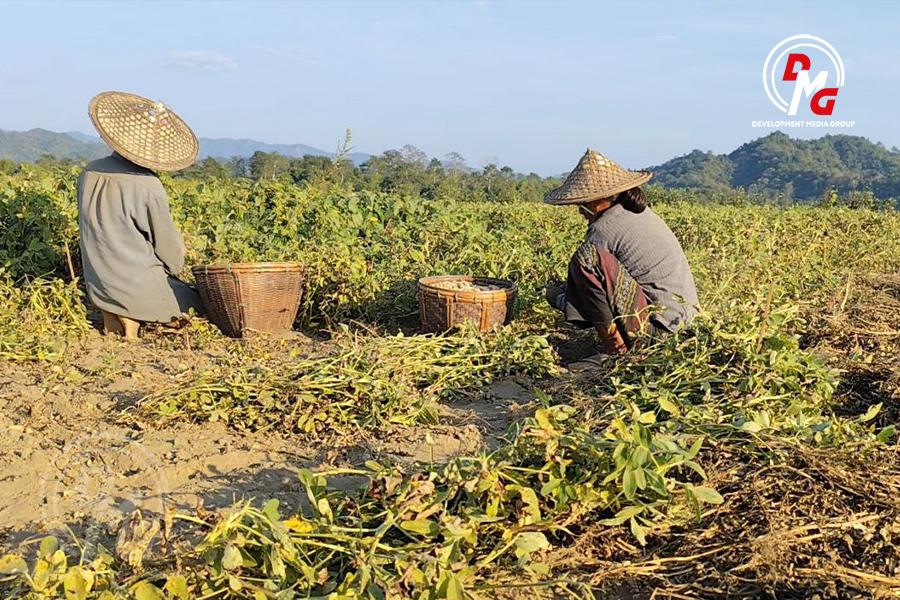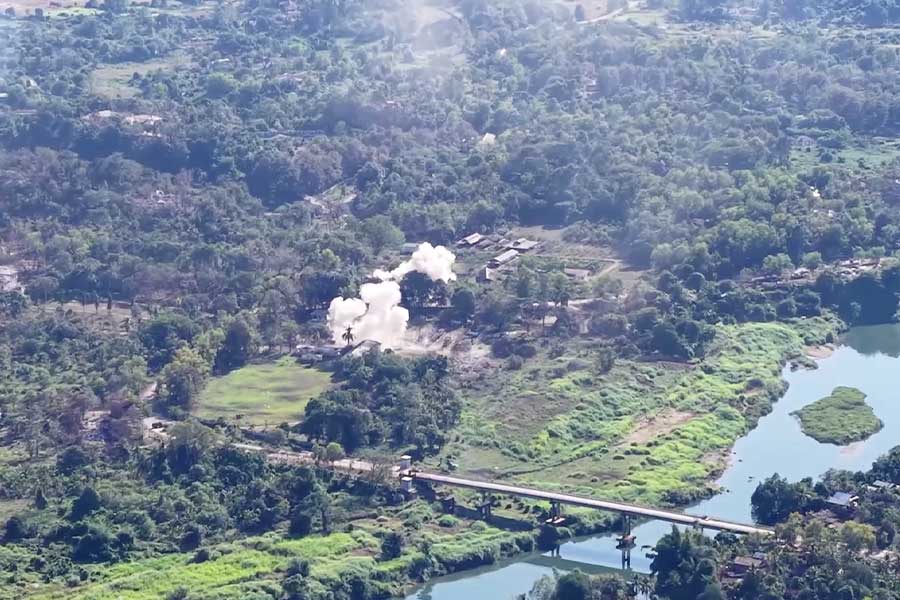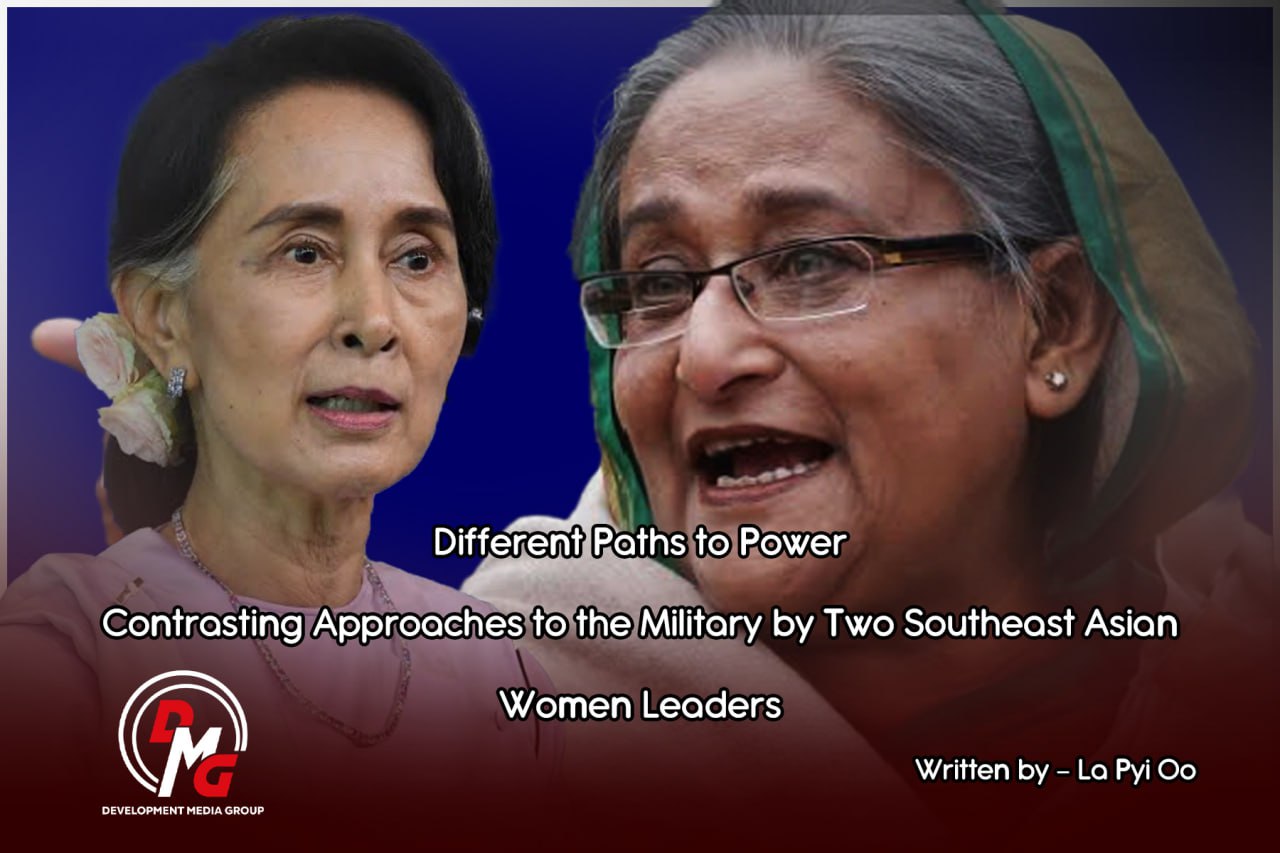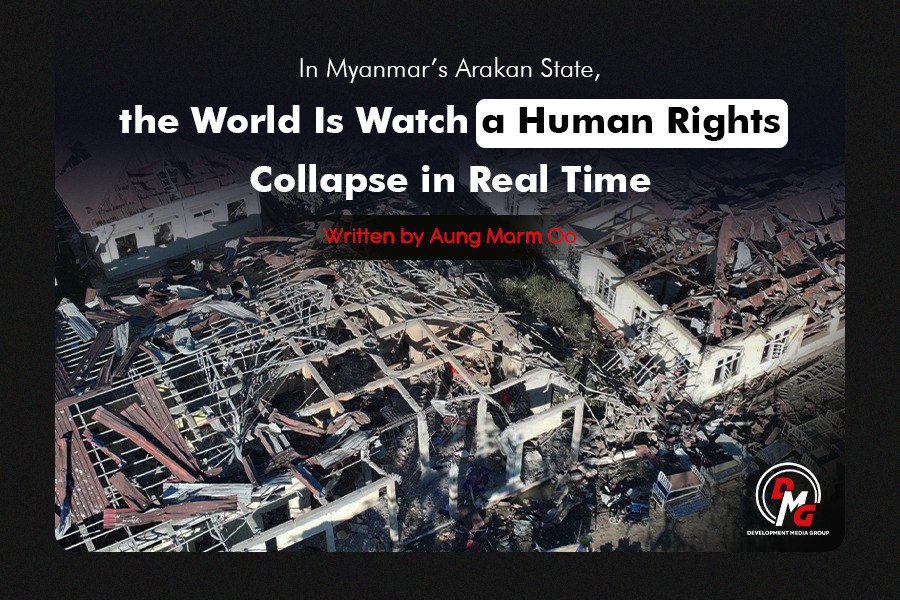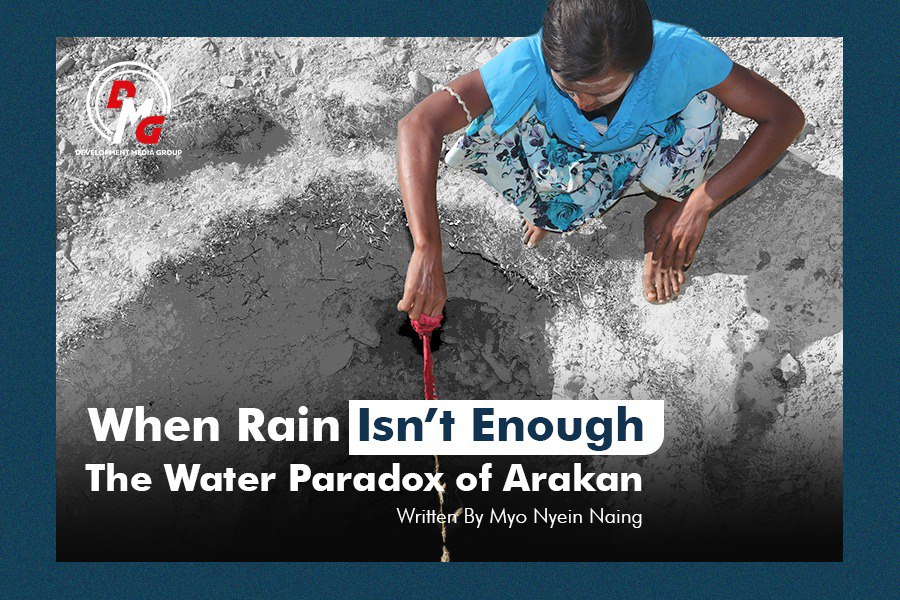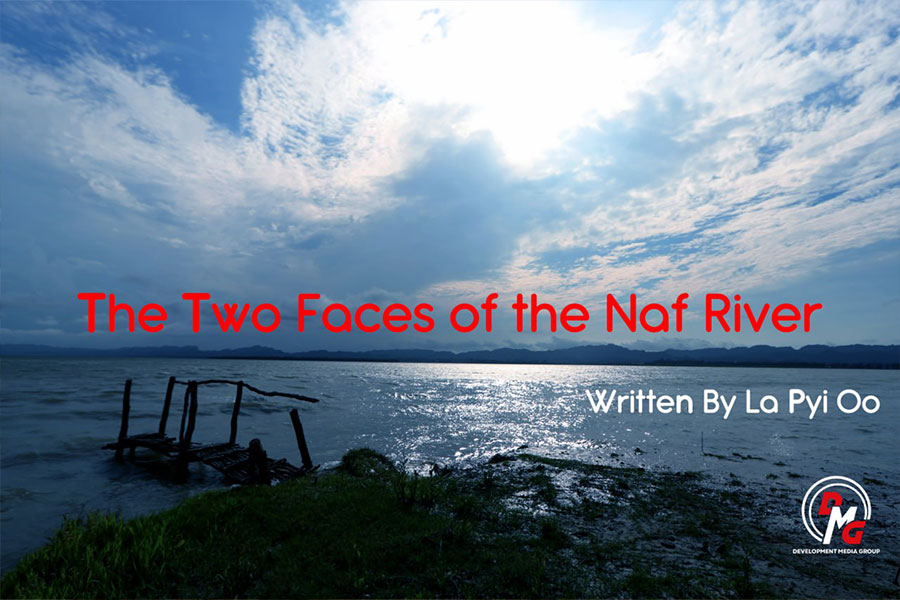- Junta unable to hold elections in dozens of wards and village-tracts in Sittwe, Kyaukphyu
- Fighting escalates between Myanmar military, Arakan Army in Ayeyarwady Region
- Regime steps up civilian arrests in Sittwe
- ULA safeguards Mrauk-U's ancient heritage
- Arakan on the Edge: What the DMG Landmine Impact Report Reveals About Myanmar's Deepening Humanitarian Crisis
Warm clothes donated to IDP camps in Arakan State
Arakanese youth in Yangon are making arrangements to donate warm clothes to internally displaced people (IDPs) camps in remote areas of Arakan State, according to organisers.
15 Dec 2020
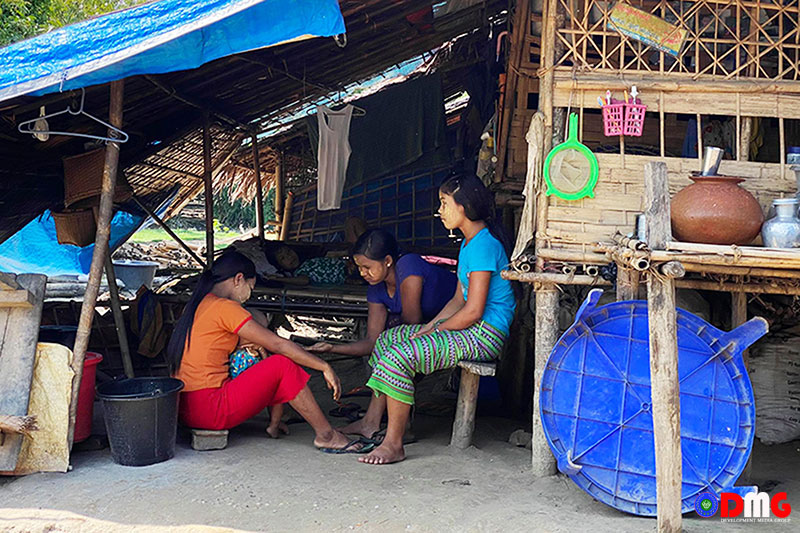
Khin Tharaphy Oo | DMG
15 December 2020, Sittwe
Arakanese youth in Yangon are making arrangements to donate warm clothes to internally displaced people (IDPs) camps in remote areas of Arakan State, according to organisers.
At present, young people are collecting warm clothes from donors, and the first batch of warm clothes will be donated to two IDP camps in Arakan State that are sparsely populated and inconvenient to travel to, said Ko Pyone Cho, a youth in Yangon.
“Our target is to donate warm clothes to the IDP camps. We don’t send warm clothing to IDP camps where it is easy to donate. A list of IDP camps is being taken that are not easily accessible,” he added.
The organisers accept warm clothes and blankets instead of money because many people in Yangon are facing financial hardships amid the ongoing pandemic. Due to the small number of donors contributing warm clothes and blankets, cash will be accepted and the necessary items will be purchased.
“We accepted a few men’s clothes and sweaters. Some people donate money to us. We are planning to buy necessary warm clothes with cash donated by well-wishers,” he explained.
The items to be donated to the IDPs include blankets, mosquito nets, medicine, dried food, ready-made food and personal items.
Although there are some well-wishers who donate blankets, there is an urgent need for warm clothes, said U Aung Tin Oo, an IDP from Pipinyin IDP camp in Mrauk-U Township.
“We didn’t bring enough warm clothes from home. There are many people in the IDP camps who do not have warm clothes. It would be good if donors donate warm clothes,” he explained.
At present, the number of IDPs in Arakan State has decreased from a high surpassing 230,000 as many have returned home recently with stability improving in their areas, according to data compiled by the Rakhine Ethnics Congress (REC).






